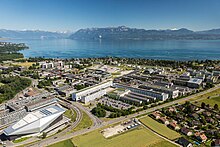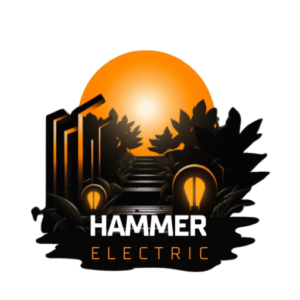Education System in Switzerland
– The education system in Switzerland is diverse, with authority delegated to the cantons.
– Primary school is obligatory and free in state schools.
– The constitution allows the confederation to run or support universities.
– Roughly 25% of students attend lower and upper secondary schools leading to the federal recognized matura or academic Baccalaureate.
– Other students split into different school types, depending on the canton.
– The minimum age for primary school is around six years in most cantons.
– Primary school continues until grade four, five, or six, depending on the canton.
– Children can choose to attend school, but pupils are separated based on language (French, German, or Italian).
– Some cantons have screening exams to separate students for secondary school.
– Parents’ recommendations and self-evaluation by the child are considered in the evaluation process.
Universities in Switzerland
– The first university in Switzerland was founded in 1460 in Basel.
– There are 12 universities in Switzerland, with 10 managed by the cantons.
– The federal institutes of technology, ETHZ in Zurich and EPFL in Lausanne, are under the authority of the State Secretariat for Education, Research and Innovation.
– Switzerland has seven regional associations of Universities for Applied Sciences.
– The country has a high rate of foreign students in tertiary education.
Nobel Prizes and Research Centers
– Switzerland has a long tradition of chemical and medical research.
– Many Nobel prizes have been awarded to Swiss scientists.
– Geneva hosts the world’s largest particle physics laboratory, CERN.
– Other important research centers include Empa and Paul Scherrer Institute.
– Switzerland has a total of 113 Nobel Prize winners.
Matura Completion Rates
– Matura completion rates vary by canton and gender.
– The total matura completion rate in Switzerland is 37.5%.
– Gymnasium matura (academic track) has a completion rate of 20.1%.
– Berufsmatura (vocational track) has a completion rate of 14.7%.
– Fachmatura (specialized track) has a completion rate of 2.7%.
International Education
– Switzerland has 103 international schools.
– International schools deliver a curriculum in English outside an English-speaking country.
– Switzerland is the birthplace of the International Baccalaureate (IB) and offers IB programmes in 50 schools.
– The International Schools Consultancy (ISC) defines international schools based on their curriculum and orientation.
– Switzerland attracts a high rate of international students for advanced degrees.
– Tertiary education in Switzerland depends on the education chosen in secondary education.
– University is the most common choice for students with a matura.
– Apprentices who attended a vocational high school often add a Fachhochschule or Höhere Fachschule to their curriculum.
– Switzerland has 14 public and generic universities, with 4 institutions known as Swiss Federal Institutes of Technology.
– Switzerland is known for its advanced business education system and world-class universities. Source: https://en.wikipedia.org/wiki/Education_in_Switzerland
The education system in Switzerland is very diverse, because the constitution of Switzerland delegates the authority for the school system mainly to the cantons. The Swiss constitution sets the foundations, namely that primary school is obligatory for every child and is free in state schools and that the confederation can run or support universities.


The minimum age for primary school is about six years in all cantons but Obwalden, where it is five years and three months. After primary schools, the pupils split up according to their abilities and intentions of career paths. Roughly 25% of all students attend lower and upper secondary schools leading, normally after 12 school years in total to the federal recognized matura or an academic Baccalaureate which grants access to all universities.[citation needed] The other students split in two or more school-types, depending on the canton, differing in the balance between theoretical and practical education. It is obligatory for all children to attend school for at least 9 years.
The first university in Switzerland was founded in 1460 in Basel, with a faculty of medicine. This place has a long tradition of chemical and medical research in Switzerland. In total, there are 12 Universities in Switzerland; ten of them are managed by the cantons, while two federal institutes of technology, ETHZ in Zurich and EPFL in Lausanne, are under the authority of the State Secretariat for Education, Research and Innovation. In addition, there are seven regional associations of Universities for Applied Sciences (Fachhochschulen) which require vocational education and a special Berufsmatura, or a Fachmatura (a graduation by a Fachmittelschule) to study. Switzerland has a high rate of foreign students in tertiary education including one of the highest in the world of doctoral level students.
Many Nobel prizes have been awarded to Swiss scientists. More recently Vladimir Prelog, Heinrich Rohrer, Richard Ernst, Edmond Fischer, Rolf Zinkernagel, Didier Queloz, Michel Mayor, Kurt Wüthrich, and Jacques Dubochet have received nobel prizes in the sciences. In total, 113 Nobel Prize winners stand in relation to Switzerland and the Nobel Peace Prize has been awarded nine times to organizations residing in Switzerland. Geneva hosts the world's largest particle physics laboratory, the CERN. Other important research centers are the Empa and Paul Scherrer Institute which belong to the ETH domain.
